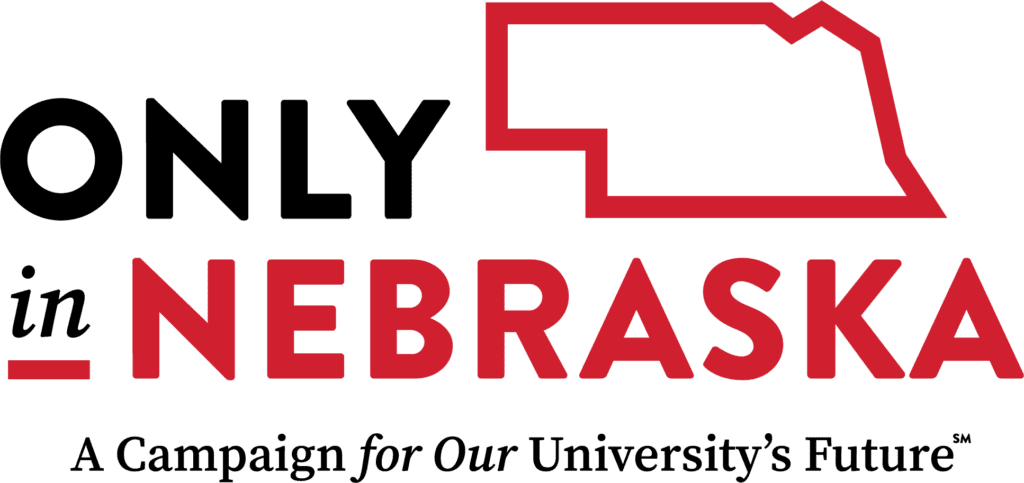Engineering students make life better beyond Nebraska’s borders
The trips changed their lives, as well as the lives of the villagers.
Hissing cockroaches in the latrine.
You don’t see that in Nebraska.
Or anything like the cloud of locusts that swarmed the SUV one day as they drove across Madagascar. The sound woke UNL student Stacey Joy from a nap.
“I was terrified,” she said. “After we got through it, our driver grabbed a dead one and threw it at our translator, and she shrieked. It was very funny. But that was something I had never experienced.”
One of many things.
Madagascar is a large island country off the southeastern coast of Africa. Stacey spent time there the past two summers as part of the University of Nebraska’s Engineers Without Borders chapter, whose members installed solar-powered lights in schools and built bio-sand filters for clean water in remote villages.
Stacey, who earned her master’s degree in civil engineering from UNL this past spring, dealt with many types of culture shock.
Madagascar is one of the poorest countries. The average income is less than a dollar a day.
It was hard for her to see how people lived – crammed into bamboo homes the size of her dorm room.
“They don’t have available clean water sources, and that’s something we don’t think twice about in America,” she said. “I mean, if we were to get sick from our water, that would be a shock.”
A bio-sand filter is about the size of a trash can. It’s made of concrete, so it’s durable. It removes almost all organic contaminants like bacteria, viruses, protozoa and worms.
Stacey and the other students taught the villagers how to build and maintain the filters.
“It’s also really interesting to see how much the people are excited about the technology, and how much they want to learn and how much they can retain,” she said. “They were really passionate about it and very excited to produce bio-sand filters locally, and that was our ultimate goal.”
The trips changed her life, she says, as well as the lives of the villagers.
University of Nebraska’s chapter of Engineers Without Borders consists of students from UNL and UNO. They’ve partnered with people at Omaha’s Henry Doorly Zoo who’ve been researching the plants and animals of Madagascar for the past decade and working to conserve the habitat for endangered primates.
The thought is that if they can improve the health and economics of the villagers, then the villagers will be more likely to help conserve their country’s habitat and the natural resources.
The EWB students pay most of their way over there – about $4,000 each. They have to raise money for most of the project costs, too. Last year, that came to about $50,000.
“If we don’t raise enough money, we can’t go,” Stacey said. “It is really important for our practices that we have returning students every year, because that’s a good way to transfer information.”
The University of Nebraska Engineers Without Borders chapter is Madagascar again this year. A water quality team went in May. The solar team will go later this month. Stacey isn’t going, though. She’s now in the real world working in Omaha for Felsburg Holt and Ullevig, a transportation engineering firm. (She does water resources engineering.)
But she will stay involved with Engineers Without Borders as a professional member and mentor.
“I think for a lot of students when they go to Madagascar for the first time, there’s kind of a culture shock. Like, ‘Whoa, this is happening. This is how things are in the world.’ I find the best way to cope with it while you’re there and acknowledge that the world is broken and that’s what we live in and it’s not good. But you just can’t shut down because of it.”
You must work through it, she says, and do what you can to build a better world.
Said Stacey: “I love Engineers Without Borders because we are working toward something much bigger than ourselves.”
Global Engagement and Student Support are two top priorities of the Campaign for Nebraska. If you would like to help students like Stacey Joy work to build a better world, please give online to the University of Nebraska student chapter of Engineers Without Borders, or contact the foundation’s Karen Moellering at 800-432-3216.





